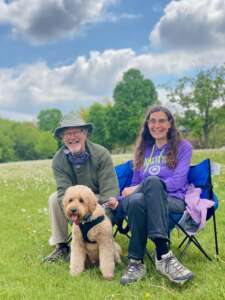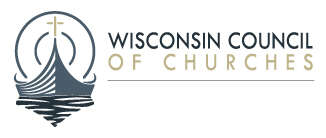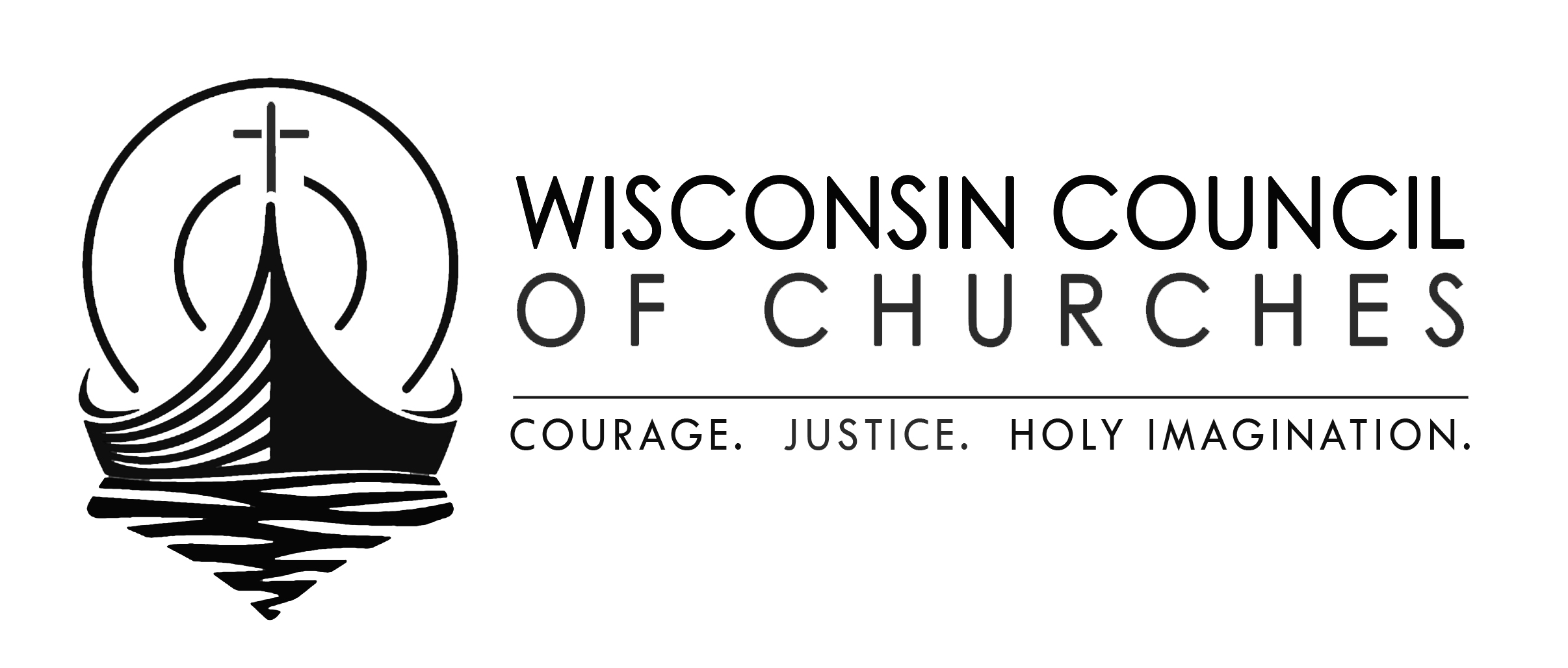Reflections on Advocacy and the Mission of the WCC
Dr. Peter Bakken, Justice and Witness Coordinator
 I’ve been asked to sum up what I’ve learned in my 18 years as the WCC’s Public Policy and/or Justice and Witness Coordinator. That is impossible. But I will try to set down a few notes about the nature of this work as I’ve come to understand it, using a phrase from WCC’s mission statement that has been a constant reference point for me: We pray and work together for the unity and renewal of the church and the healing and reconciliation of the world.
I’ve been asked to sum up what I’ve learned in my 18 years as the WCC’s Public Policy and/or Justice and Witness Coordinator. That is impossible. But I will try to set down a few notes about the nature of this work as I’ve come to understand it, using a phrase from WCC’s mission statement that has been a constant reference point for me: We pray and work together for the unity and renewal of the church and the healing and reconciliation of the world.
The Healing and Reconciliation of the World
Christians, and people of faith in general, aren’t the only ones with a passion for justice, the common good, or the care of the earth. Nor are the church’s institutional assets necessarily unique. But as Christians, our passion is one of the Spirit’s gifts that makes us who we are and those assets are the tools we have at hand for helping build the beloved community.
Sometimes those outside the church see the value of those tools more clearly than many of those within. As a representative of the WCC, along with other advocates from religious organizations, I’ve been welcomed into secular coalitions focused on issues like hunger, poverty, gun violence, climate change, the state budget, health care, the death penalty, and affordable housing. Members of these coalitions have recognized that we hold values and goals in common, and that participation by church members could strengthen these campaigns. They’ve seen that the organizational structures and communication networks in faith communities are ways to reach and mobilize people who value fairness and compassion. They’ve understood that churches, through their social service programs and day-to-day ministry have direct knowledge of how their parishioners and neighbors are impacted by the very laws and programs that the coalitions are trying to change or improve.
They’ve hoped, too, that religious leaders can be trusted messengers whose moral and spiritual language might reach a larger audience and – possibly – transcend racial, political, and geographic divides in ways that can influence policymakers. Many persons in policy advocacy and social services are driven by deeply held moral values or religious beliefs. But because of their public roles, they don’t or can’t wear those commitments on their sleeves. As a result, these advocates can easily be dismissed as operating purely out of institutional self-interest or political ideology. On the other hand, those of us who represent faith communities are in a sense culturally authorized, even expected, to say why a law or government action is good or bad on ethical grounds.
There’s some risk that by participating in these coalitions we will be seen as just another left-leaning interest group. I’m far more concerned that a reluctance to seem partisan or a fear of alienating some segment of the congregation tempts too many faith leaders and communities into an inert silence that is as spiritually moribund as it is civically irresponsible. As faith-based advocates, we need to make explicit the moral and religious reasons undergirding the positions we take. Sometimes those reasons can be shared by all people of conscience and goodwill; sometimes those reasons are rooted in a particular religious tradition. Either way, they enhance the credibility and authenticity of our witness to both our siblings in faith and to the wider public.
The Unity and Renewal of the Church
This work doesn’t just serve the health and wellbeing of “the world.” Immersion in the trials and traumas of public life provokes us to express more clearly our identity and vocation as the Church. In particular, we are pressed to discern and name ideas, ideologies and movements that are manifest distortions of our faith and values.
One of the most infuriating of these distortions in public policy is moralism – the graceless, rigid and damaging imposition of moral rules and ideals of virtue without consideration of the realities and actual choices faced by people in need. Moralism infects legislation that purports to lift people out of poverty by adding to their burdens and humiliations and obstacles to accessing programs like BadgerCare, FoodShare, or Unemployment Insurance.
Underlying and exacerbating these bad policies are assumptions and stereotypes about communities of color, and obliviousness to how “colorblind” systems offering “equal opportunity” can’t overcome legacies of past oppression and discrimination, and can actually widen racial disparities. But even more outrageous is the emergence of an explicitly racist “Christian” white supremacist movement and ideology and its infiltration of the mainstream of American political life and discourse.
In the name of affirming American identity and values, this movement corrupts the very meaning of democracy by defining “we the people” in exclusivist terms. It reduces Christianity to an identity marker that separates “us” from “them” and justifies hatred, violence, and the perpetuation of systems of domination — all in direct contradiction to the life and teachings of Jesus. Alongside and often in symbiotic relationships to these movements are forces undermining effective political participation through gerrymandering, “dark money,” voter suppression, and using anti-majoritarian practices and institutions like the filibuster and the electoral college to achieve minority rule.
When, together with Wisconsin Faith Voices for Justice, we started the Wisconsin Interfaith Voter Engagement project, the idea of strengthening civic engagement by promoting voter registration and “get out the vote” activities seemed about as nonpartisan and uncontroversial as you could get. No longer. The bedrock democratic processes of civil conversation, elections, legislation, and administration that I’ve taken for granted as a public policy advocate are now under threat. The very ground is shifting under our feet.
What do these developments mean for the unity and renewal of the church? Here, I want to refer to the WCC’s more recently-minted tagline, “Courage. Justice. Holy Imagination.” What we confront in the public sphere today is unholy imagination. It inspires racist and authoritarian movements by offering to disoriented, isolated and frustrated people a picture of themselves and the world that seems to provide meaning, identity and hope, but which is ultimately destructive to themselves and to others because it is based on hatred and fear. And so the church is summoned to the renewal of its holy imagination, grounded in the Gospel of God’s grace for all people and the whole creation: “Do not be conformed to this age, but be transformed by the renewing of your mind, so that you may discern what is the will of God – what is good and acceptable and perfect.” (Romans 12:2) Pursuing that vision requires courage, but courage is not something we can generate out of our own resources: we need to draw on the resources of our religious communities and the support of our companions in faith: “Therefore encourage one another and build up each other, as indeed you are doing.” (1 Thessalonians 5:11)
We Pray and Work Together
Finally, I have also learned that this is work that none of us – no individual, no pastor/priest/minister, no congregation, no denomination, and certainly no WCC staff member – can do alone. While I’ve profoundly appreciated people saying “thanks for the work you do,” nothing I’ve done has counted for much without the partnership of those who have responded to our e-alerts, visited legislator’s offices on lobby days we’ve sponsored, signed statements or petitions we’ve circulated, taught from our study guides, or shared in any other way in WCC’s advocacy. And all of the WCC’s justice and witness work is only one tributary flowing into the great river that is fed by the efforts of those who are bringing hope and healing to a world that, though bent and broken, still shines with the grace and glory of God.

